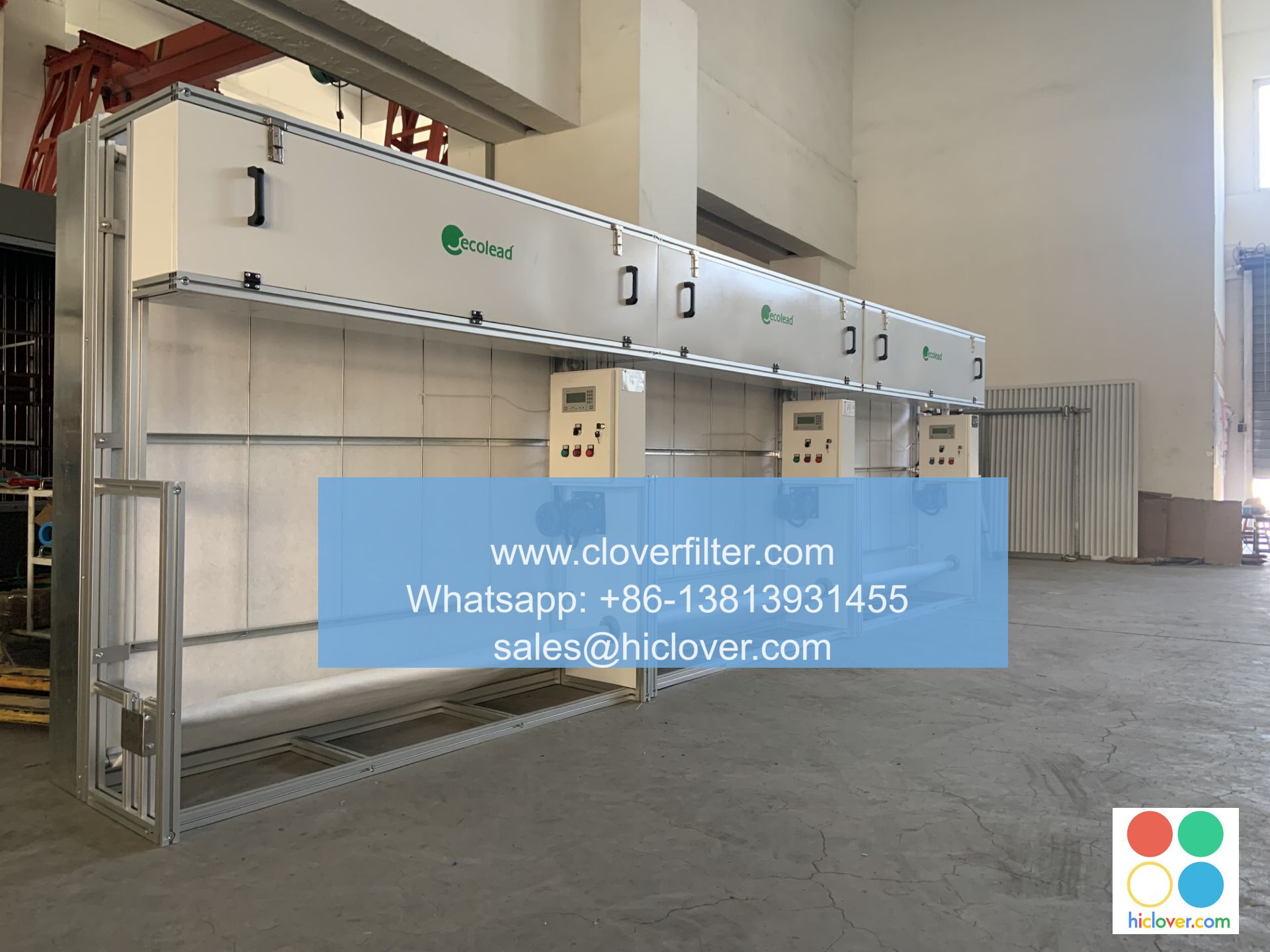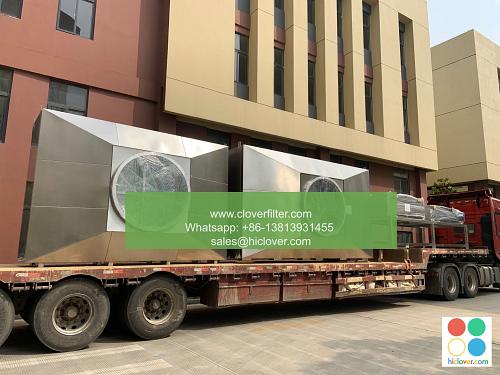The Importance of Air Filtration in Food Processing Plants

Air filtration plays a crucial role in maintaining a clean and hygienic environment in food processing plants. The quality of air in these facilities is essential to prevent contamination and ensure the safety of food products. In this article, we will discuss the importance of air filtration in food processing plants, highlighting various application areas and the benefits of using high-efficiency air filters.
Preventing Contamination
Contamination is a significant concern in food processing plants, and air filtration is a critical component in preventing the spread of microorganisms, allergens, and other contaminants. Airborne particles, such as bacteria, viruses, and mold spores, can easily spread through the air and land on food products, equipment, and surfaces, causing cross-contamination. Effective air filtration systems can capture these particles, preventing them from entering the production area and minimizing the risk of contamination.
Maintaining Regulatory Compliance
Food processing plants are subject to strict regulations and standards, such as those set by the USDA, FDA, and ISO 22000. These regulations require food manufacturers to maintain a clean and sanitary environment, including the air quality. By installing and maintaining high-efficiency air filters, food processing plants can ensure compliance with these regulations and avoid costly non-compliance fines and product recalls.
Improving Indoor Air Quality
The indoor air quality (IAQ) in food processing plants is critical to the health and well-being of employees and the quality of food products. Poor IAQ can lead to respiratory problems, allergies, and other health issues. By using air filtration systems with HEPA filters or ULPA filters, food processing plants can remove 99.97% of particles as small as 0.3 microns, including dust, pollen, and other airborne contaminants.
Application Areas
Air filtration systems are essential in various application areas within food processing plants, including:
- Production areas: Air filtration systems can be installed in production areas to prevent contamination and maintain a clean environment.
- Storage areas: Air filtration systems can be used in storage areas to prevent the growth of mold and bacteria on food products.
- Packaging areas: Air filtration systems can be installed in packaging areas to prevent contamination and ensure the quality of packaged food products.
- Employee areas: Air filtration systems can be used in employee areas, such as break rooms and locker rooms, to improve IAQ and promote a healthy work environment.
Benefits of High-Efficiency Air Filters
Using high-efficiency air filters in food processing plants offers several benefits, including:
- Improved air quality: High-efficiency air filters can remove 99.97% of particles as small as 0.3 microns, improving the overall air quality in the facility.
- Reduced contamination risk: High-efficiency air filters can prevent the spread of microorganisms, allergens, and other contaminants, reducing the risk of contamination.
- Increased regulatory compliance: High-efficiency air filters can help food processing plants meet strict !regulations and standards, avoiding costly non-compliance fines and product recalls.
- Improved employee health and well-being: High-efficiency air filters can improve IAQ, promoting a healthy work environment and reducing the risk of respiratory problems and other health issues.
Conclusion
In conclusion, air filtration is a critical component in food processing plants, playing a vital role in maintaining a clean and hygienic environment. By installing and maintaining high-efficiency air filters, food processing plants can prevent contamination, maintain regulatory compliance, improve IAQ, and promote a healthy work environment. It is essential for food manufacturers to prioritize air filtration and invest in effective air filtration systems to ensure the quality and safety of food products.

